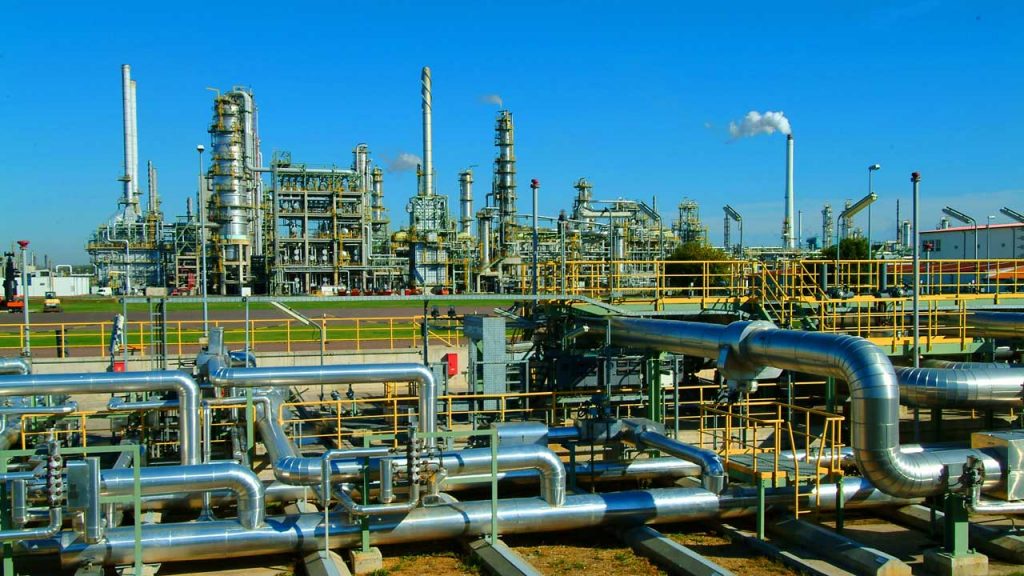Global Oil Market Feels Pressure from Coordinated Production Cuts
The Nigerian Federal Government substantially reduced crude oil deliveries to local refineries in March, contributing to a broader decline in OPEC’s overall output, according to a recent Reuters survey. This strategic move comes at a time when the Organization of Petroleum Exporting Countries and its allies (OPEC+) prepare for a scheduled production increase.
Nigeria Leads OPEC Production Declines
Nigeria emerged as one of three major contributors to the production downturn, alongside Iran and Venezuela. Each nation reduced their output by approximately 50,000 barrels per day (bpd) during March. The survey revealed that OPEC’s collective production fell to 26.63 million bpd last month, representing a 110,000 bpd reduction from February’s figures.
For Nigeria specifically, the decreased supply to domestic refineries, particularly the Dangote refinery, was the primary factor behind the production decline. Interestingly, this reduction occurred despite higher export volumes, suggesting a strategic reallocation of resources. The survey noted that Nigeria continues to pump slightly above its OPEC+ target, with Gabon identified as the least compliant member among the organization.
Geopolitical Factors Intensify Market Dynamics
The reduction in Iranian crude output follows a period of relative stability, with February production having matched September’s level—the highest since 2018. This recent decline coincides with renewed pressure from the United States under President Donald Trump’s administration to restrict Iran’s oil exports.
Similarly, Venezuela experienced decreased exports in March amid Washington’s implementation of secondary tariffs and revocation of licenses for operations in the energy sector. These coordinated measures against both nations reflect an intensified approach to limiting their participation in global oil markets.
Major Producers Show Mixed Results
While Nigeria, Iran, and Venezuela reduced their output, OPEC’s two largest producers showed modest gains. Both Saudi Arabia and Iraq increased their production slightly in March, though the survey indicates they remain below their OPEC+ targets. The United Arab Emirates maintained production precisely at its allocated quota.
This varied compliance landscape has contributed to market uncertainty, with both major oil benchmarks losing more than 10% of their value over the previous week. The situation is further complicated by conflicting production estimates, as the International Energy Agency suggests significantly higher output from Iraq and the UAE than reported through OPEC’s secondary sources.
OPEC+ Balancing Act Continues
The organization is carefully navigating the unwinding of its most recent round of output cuts. The full extent of the planned production increase will partially depend on the impact of U.S. efforts to restrict supplies from Iran and Venezuela.
Industry analysts note that this delicate balancing act reflects OPEC+’s ongoing challenge: maintaining price stability while adapting to shifting geopolitical pressures and market demands. The lack of significant production increases across the organization in March highlights a cautious approach amid these complex factors.
Market Implications and Future Outlook
The collective reduction in OPEC output comes at a crucial time for global energy markets. With oil benchmarks already experiencing substantial volatility, traders are closely monitoring how the planned production increases will unfold in coming months.
Experts suggest that the continued pressure on Iranian and Venezuelan exports, combined with Nigeria’s domestic supply adjustments, could offset portions of the scheduled OPEC+ production hike. This may help stabilize prices that have recently experienced downward pressure.
For consumers and importing nations, these developments signal potential challenges in predicting near-term price movements, as the competing forces of production cuts and planned increases create an uncertain market environment.
The coming months will be critical in determining whether OPEC+ members can successfully coordinate their approach to unwinding production cuts while maintaining market stability amid ongoing geopolitical tensions.




